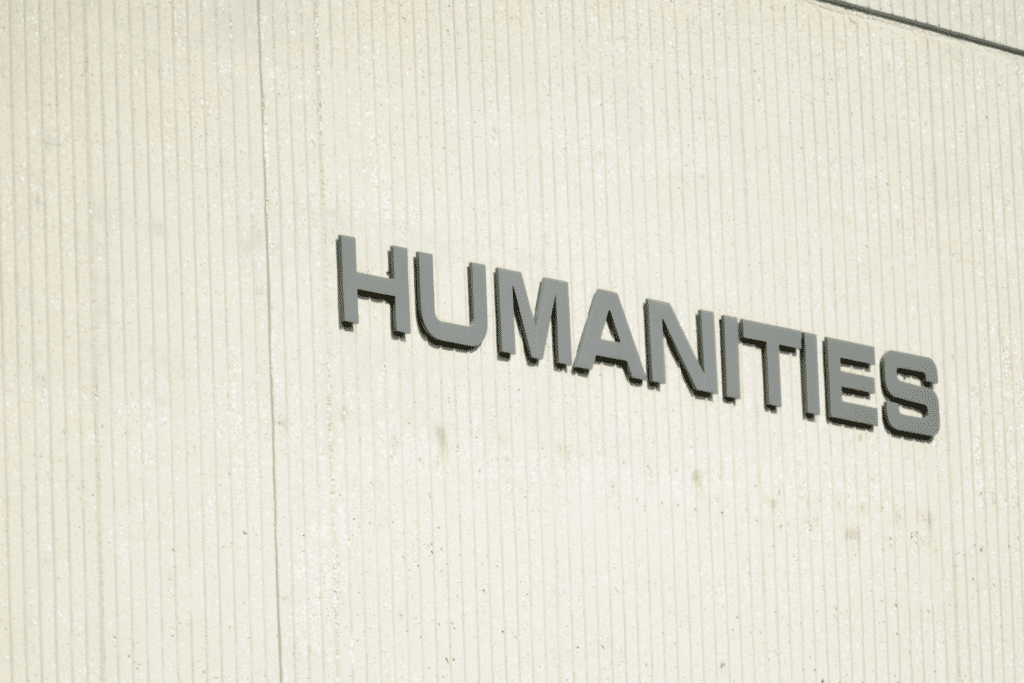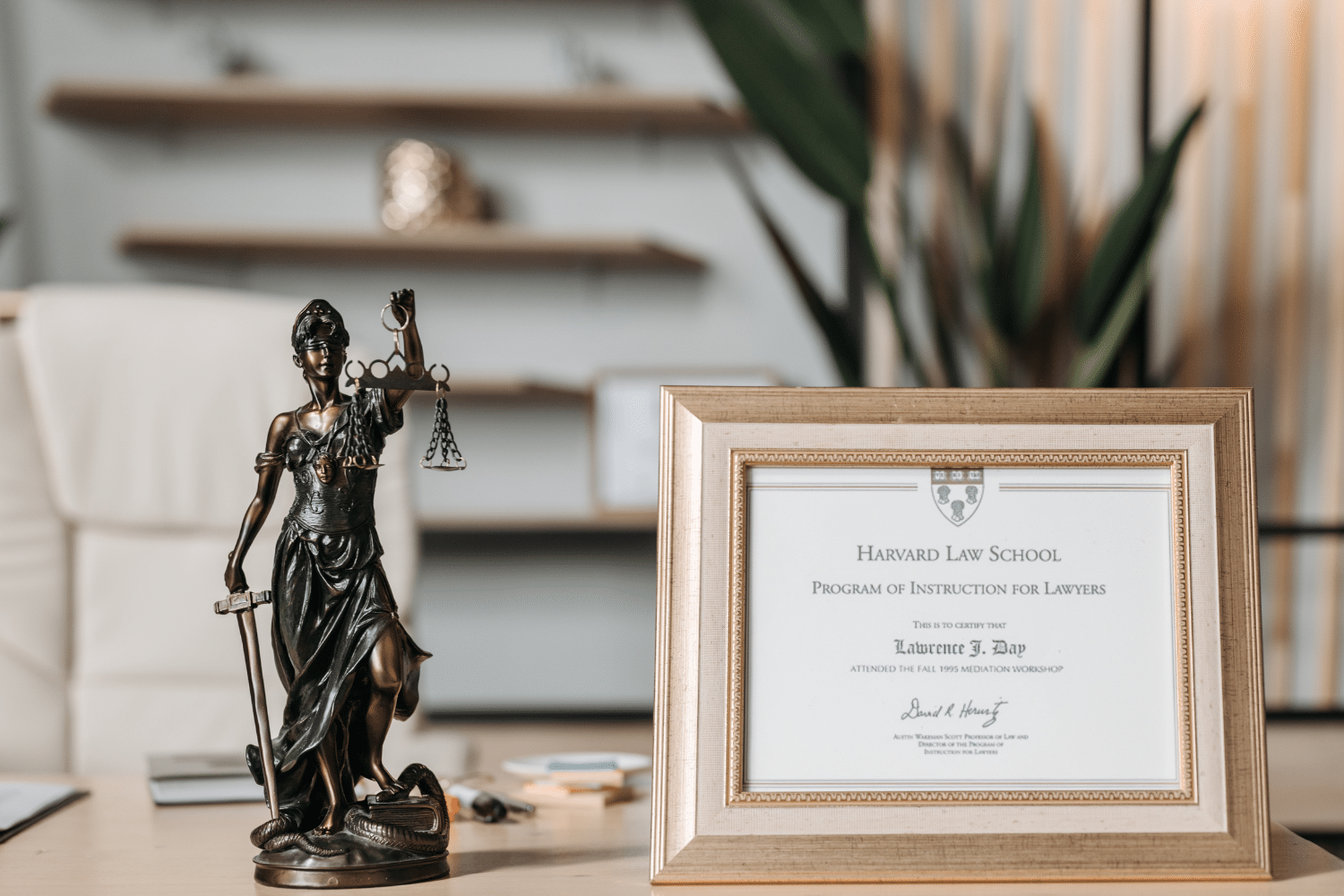Building relationships with professors in your college days have many benefits, including getting recommendation later, a better understanding of the study material, mentorship, career guidance, etc. Every student must know how to build relationships with professors in college. Students who have positive relationships with their professors improve academically and professionally.
In this article, I will discuss how to build relationships with professors and get mentored in academic, professional, and personal life. Some of the tips include going to office hours and asking good questions, meeting outside the college, communicating respectfully, etc.
Explore expert advice and essential steps for creating an online resume that stands out among job applicants.
Introduce yourself
Introduce yourself in the first few days of class. You can introduce yourself by meeting the professor during office hours, sending him an email, and asking about the class and its curriculum. It shows your eagerness about the class and will leave a nice impression on your professor.
Participate in every class.
Participate in discussions by asking and answering questions, possibly in every class. Doing this will show your eagerness and curiosity for the class. You can ask questions by email or after the class if you are hesitant about asking them in class. Sit in the first row and at a place where you can pay attention to the class.
Visit the professor in office hours
Visit the professor in his office hours. Prepare for the meeting beforehand by selecting specific and genuine questions. Have meaningful discussions and clear your doubts. It shows your interest in learning the subject. Be respectful to him while addressing him. When leaving, show your gratitude to him for answering your questions.
Show genuine interest in the subject.
Show genuine interest in the subject by reading additional textbooks, doing projects, solving problems, etc. Ask them about their research in their field and how it is relevant to your subject. Be curious and try to learn more by engaging in discussions and asking questions. Professor love when someone is genuinely interested in their subject and work.
Be respectful and professional in your communications.
Be respectful and professional in emails and in-person conversations. Use a formal tone and address them properly by using “Professor” or “Dr.” Do not ask questions that are answered in the class or syllabus. Show genuine gratitude at the end of each conversation.
Participate in review sessions.
Participate in review sessions held by your professor. Participating in review sessions shows your commitment and interest in learning the subject. Engage in discussions and ask your questions for further understanding of the material and communication with your professor.
Take multiple classes taught by the professor.
Take multiple classes taught by your professor and engage in meaningful conversations. Taking more classes gives you more time to connect and build relationships with him.
Meet the professor outside the class.
Meet the professor outside the class in an informal situation like dining halls, campus events, etc. Connect and hold informal but respectful conversations on these occasions. Ask general questions about your career, professional goals, etc.
Networking for college students opens doors to valuable opportunities and connections that shape their academic and professional journeys
Final Words
Building relationships with professors can be beneficial in your college days. You can build a relationship with a professor by showing your curiosity and interest in the subject of his work, meeting him during office hours, and being respectful and grateful in every conversation. Use every opportunity to meet him and hold a meaningful and respectful conversation. Respect your professor’s time, and do not waste it unnecessarily by having long and meaningless conversations.










